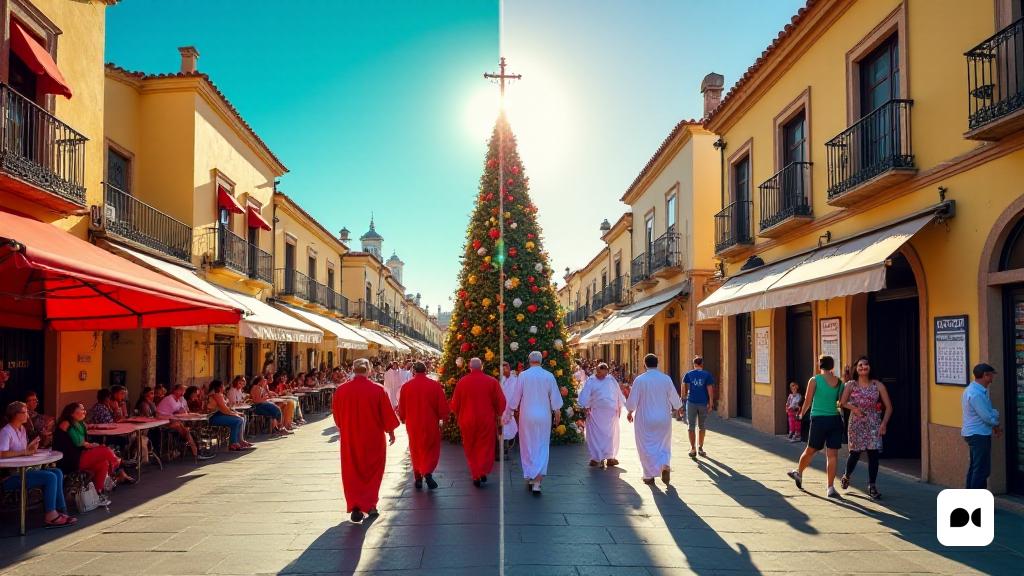Changes in the Spanish festive paradigm
Easter, a regular period of celebration and rest for many citizens of Spain, is facing a significant reorganization this year that will affect the labor calendar. Authorities have decided that on Good Friday (April 18) it will be the only national holiday, generating concern among those waiting for a wider holiday period.
The regional impact of the decision
The variability at holidays will be evident, as on Holy Thursday (April 17) and Easter Monday (April 21) they will be at the discretion of each autonomous community. This means that while some areas will enjoy three holidays in a row, others will have to settle for less.
Festival in different communities
In 15 autonomous communities, including Andalusia and Galicia, Holy Thursday will be a holiday. However, regions such as Catalonia and the Valencian Country will not share this party, and instead, they will celebrate Easter Monday, resulting in a landscape of unequal holidays.
A stage of complaints and criticism
This unequal distribution of public holidays has generated discomfort, especially in the communities with a high population density that traditionally enjoy a greater number of holidays. Criticism voices indicate that this situation can lead to labor tensions and a decrease in tourist activity in areas with fewer days off.
Consequences about tourism
Regions with a more favorable festive calendar could experience a significant increase in tourism, while others could be adversely affected. Thus, the autonomous communities with a limited number of holidays could lose significant economic opportunities during this period.
Reflections on regional flexibility
As the debate on flexibility in the distribution of holidays continues, regional authorities will be forced to consider the social and economic implications of these decisions. The future of the Spanish festivals during Easter is presented as a hot topic that deserves attention and debate.

